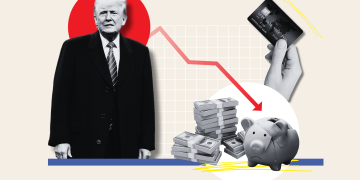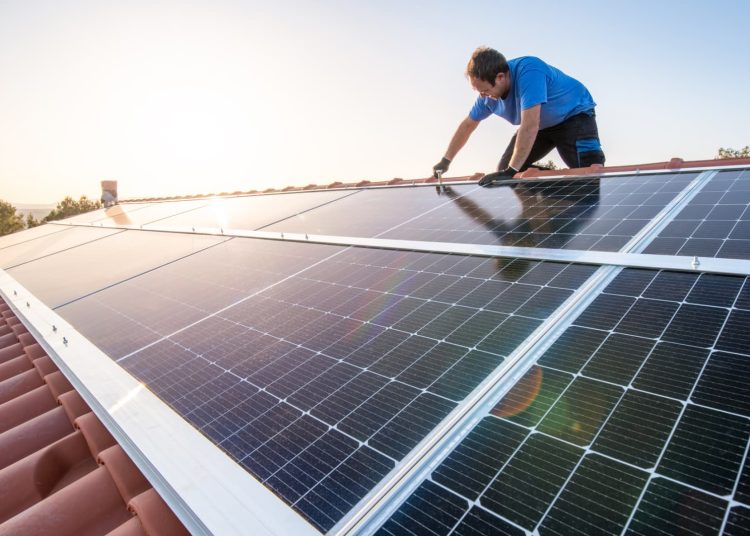The Inflation Reduction Act, passed by House Democrats on Friday and headed to President Joe Biden’s desk for his signature, is the most ambitious climate spending package in U.S. history — and households that take steps to improve their energy efficiency stand to reap financial benefits.
The package would pump $369 billion into measures to fight climate change, boost energy security and lower electricity costs for consumers.
Largely, those investments take the form of financial incentives — such as tax breaks and rebates — for households and businesses.
More from Personal Finance:
26% of job switchers regret joining the Great Reshuffle
Top tips to save on back to school shopping
Major travel costs fell in July
For households, the incentives help make things like rooftop solar panels, electric vehicles and energy-efficient appliances more affordable, in a bid to more quickly transition the U.S. toward cleaner sources of energy. Some of the tax breaks are new, while others are enhancements or extensions of existing credits.
In all, consumers may qualify for up to $10,000 — or more — in tax breaks and rebates, depending on the scope of their purchases.
The legislation is ‘a win for consumers’
Beyond those financial incentives, consumers who make efficiency-focused home upgrades would likely reap other direct benefits like lower electricity and heating bills. The legislation’s overall effect — including financial incentives aimed at businesses, too — is also expected to…



























































